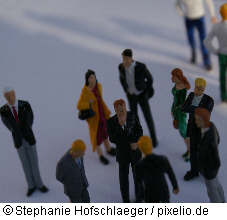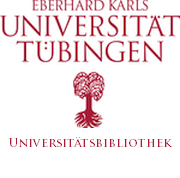Demokratie im Umbruch? Ein protestantischer Kommentar im Anschluss an H.R. Niebuhr
DOI:
https://doi.org/10.18156/eug-2-2012-art-2Abstract
Der Artikel beschäftigt sich mit der Frage nach der Zukunftsfähigkeit der Demo-kratie als politischer Regierungs- und Lebensform. Exemplarisch wird anhand der
Ansätze von Postdemokratie (Crouch) und Liquid Democracy zunächst dafür plä-
diert, dass sich die normative Grammatik und Struktur demokratischer Ordnungen
im Kern nicht verändert hat. Vielmehr ist die mit diesen Positionen formulierte
Kritik an gegenwärtigen Zuständen die Aufforderung an stärkere Berücksichti-
gung veränderter Bedingungen in der Erarbeitung demokratischer Modelle und
Konzeptionen. Wo darüber hinaus mit diesen Stichworten allerdings ein uto-
pisches Potential, gar eine quasi-religiöse Verheißung jenseits politischer Reali-
täten verbunden wird, ruft diese eine an der Ambivalenz der Sozialnatur des
Menschen orientierte christliche Sozialethik auf den Plan.
This article discusses the future of democracy as political order and societal ideal
under current conditions of modern mass media and increasing economical lobbyism.
«Post-Democracy» (Crouch) and «Liquid Democracy» positions challenge our conventional theories of democracy. But neither in their normative grammar nor in their
general structure democracy understood as based on both, sovereignty of people
and of law will deeply be challenged. Instead, Post-democracy and Liquid Democracy
theorists and activists are more asking for reformation and accommodation of demo
cratic institutions and structures to current societal conditions. Whereas they do that
for utopian reasons of a community existing p.e. in absolute transparency of their
members a social ethics of «Christian realism» has to remain critical.






